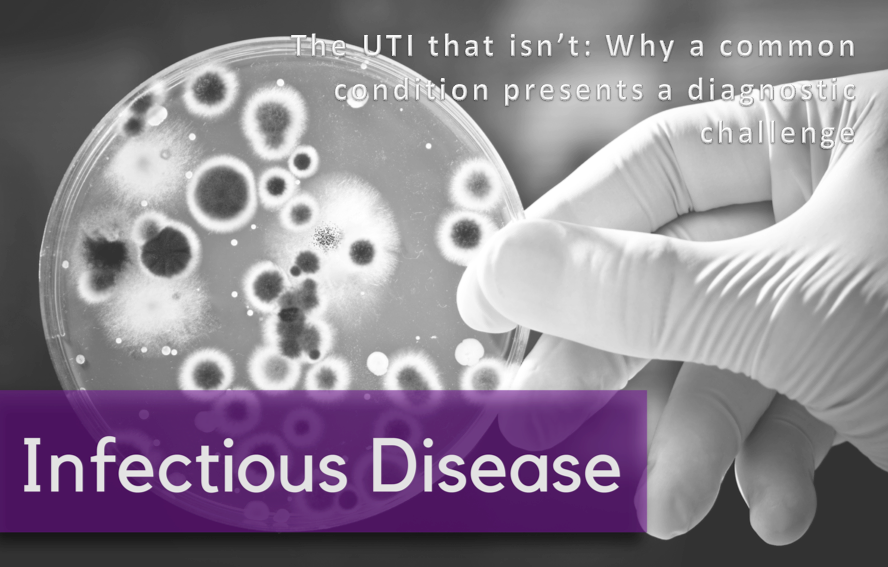Written by: Luke Neill, MD (NUEM PGY-4) Edited by: Keith Hemmert, MD (NUEM ‘18) Expert commentary by: Michael Angarone, DO
Expert Commentary
Dr. Neill has provided an excellent overview of the important points from the latest iteration of the IDSA/SHEA guidelines for the diagnosis and management of Clostridioides difficile (formerly Clostridium difficile) infection (CDI). There are a few important changes to this current update to the guidelines. For the diagnosis of C. difficile infection the guidelines recommend hospitals to not test persons on laxatives, that have formed stools or another diagnosis for the patient’s diarrhea. This is an important change in the way that most practitioners think of testing for C difficile and will result in less tests being performed. Hospitals that do not adopt pretesting criteria for testing stool for C diffiicile should develop a multi-step testing algorithm, such as glutamate dehydrogenase test followed by toxin test, arbitrated by C difficile PCR. The guidelines do not recommend probiotics for primary prevention of CDI stating that there is insufficient data to recommend the use of these agents. This is contrary to a recent Cochrane review from 2017 that analyzed 31 studies and found that in individuals at high risk for CDI may benefit from probiotics, with a number needed to benefit of 12. The biggest change in this version of the guidelines is that metronidazole is no longer recommended for therapy. Patients should be treated with either oral vancomycin or fidaxomicin. For multiple recurrent CDI (>2 episodes), patients should be considered for fecal microbiota transplantation. This is the first time that FMT has been recommended as a treatment option in the IDSA/SHEA guidelines. The changes in this guideline should not change the way that most practitioners approach CDI, with the exception of the above important changes.
Reference:
1. McDonald LC, Gerding DN, Johnson S, et al. Clinical practice guidelines for Clostridium difficile infection in adults and children: 2017 update by the Infectious Diseases Society of America (IDSA) and Society for Healthcare Epidemiology of America (SHEA) [published online February 15, 2018]. Clin Infect Dis.doi: 10.1093/cid/cix1085
2. Cochrane Database Syst Rev. 2017 Dec 19;12:CD006095. Probiotics for the prevention of Clostridium difficile-associated diarrhea in adults and children. PMID 29257353
Michael P. Angarone, DO
Assistant Professor
Department of Medicine (Division of Infectious Diseases) and Medical Education
Northwestern University, Feinberg School of Medicine
How To Cite This Post
[Peer-Reviewed, Web Publication] Neill L, Hemmert K. (2019, July 15). Clostridium Difficile. [NUEM Blog. Expert Commentary by Angarone M]. Retrieved from http://www.nuemblog.com/blog/clostridium-difficile













